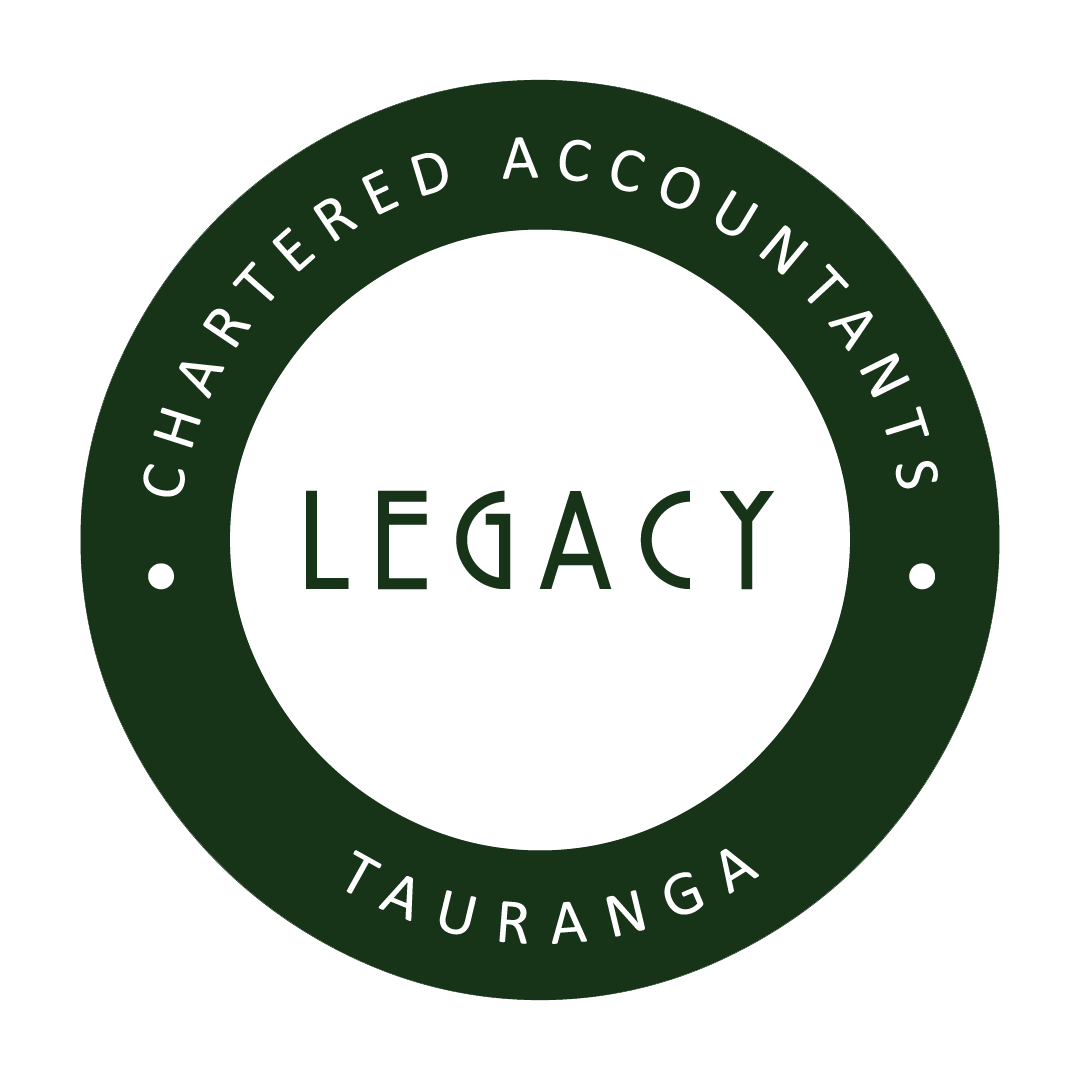New top tax rate for trusts – what does it mean for you?
Budget 2023 contained a few surprises, but the change to the tax trust rate wasn’t one of them. As had been hinted at a few times, Grant Robertson lifted the tax trust rate from 33% to 39%, bringing it into alignment with the top personal income tax rate. This change is from 1 April 2024.The change aims to make the tax system fairer – since the top personal tax rate increased to 39% there has been a 50% increase in the amount of money going through trusts.
Which trusts will be affected?
The Government says that “only a small proportion of trusts will pay most of the additional tax.” The top 5% of trusts will wear the brunt of the change, and the lower 24% will not be affected at all. Some trusts are exempt: for instance, the 33% tax rate remains in place for deceased estates and disabled beneficiary trusts.
Do you need to make changes?
Before this change comes into effect, anyone involved in a trust should review their asset allocation from a tax perspective.There may be changes you can make to improve your arrangements and avoid paying unnecessary tax. For instance, if your trust’s beneficiaries pay tax at a lower rate, the trust can distribute its annual income to them. This allows the funds to be taxed at the beneficiary’s personal tax rate. If this isn’t possible, the trust may be able to credit income to a beneficiary’s current account, or for a sub-trust to be established for the beneficiary.You may also want to consider the administrative costs of a trust and whether it is still worthwhile under the new tax rate. The company tax rate remains at a flat 28%, which can provide other opportunities for asset ownership.
We can help you review and restructure your trust
Structuring your affairs in the most tax-friendly way can be tricky, but we’re here to help. We can answer your questions about your trust, advise you on the implications of the new tax rate, and suggest ways to avoid paying unnecessary tax. Drop us a note or give us a call, we’d love to hear from you.
